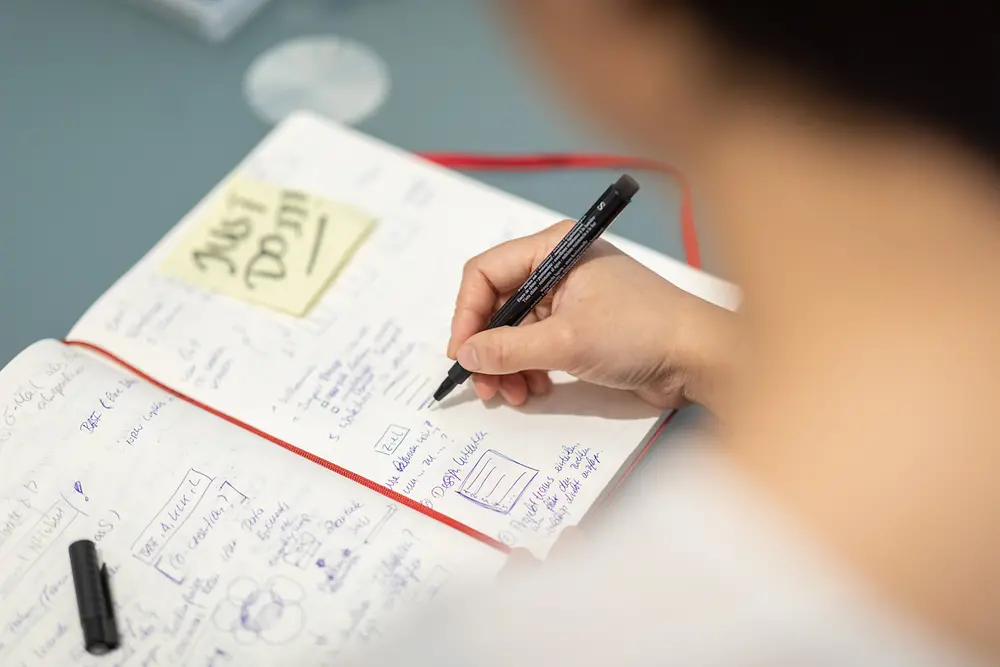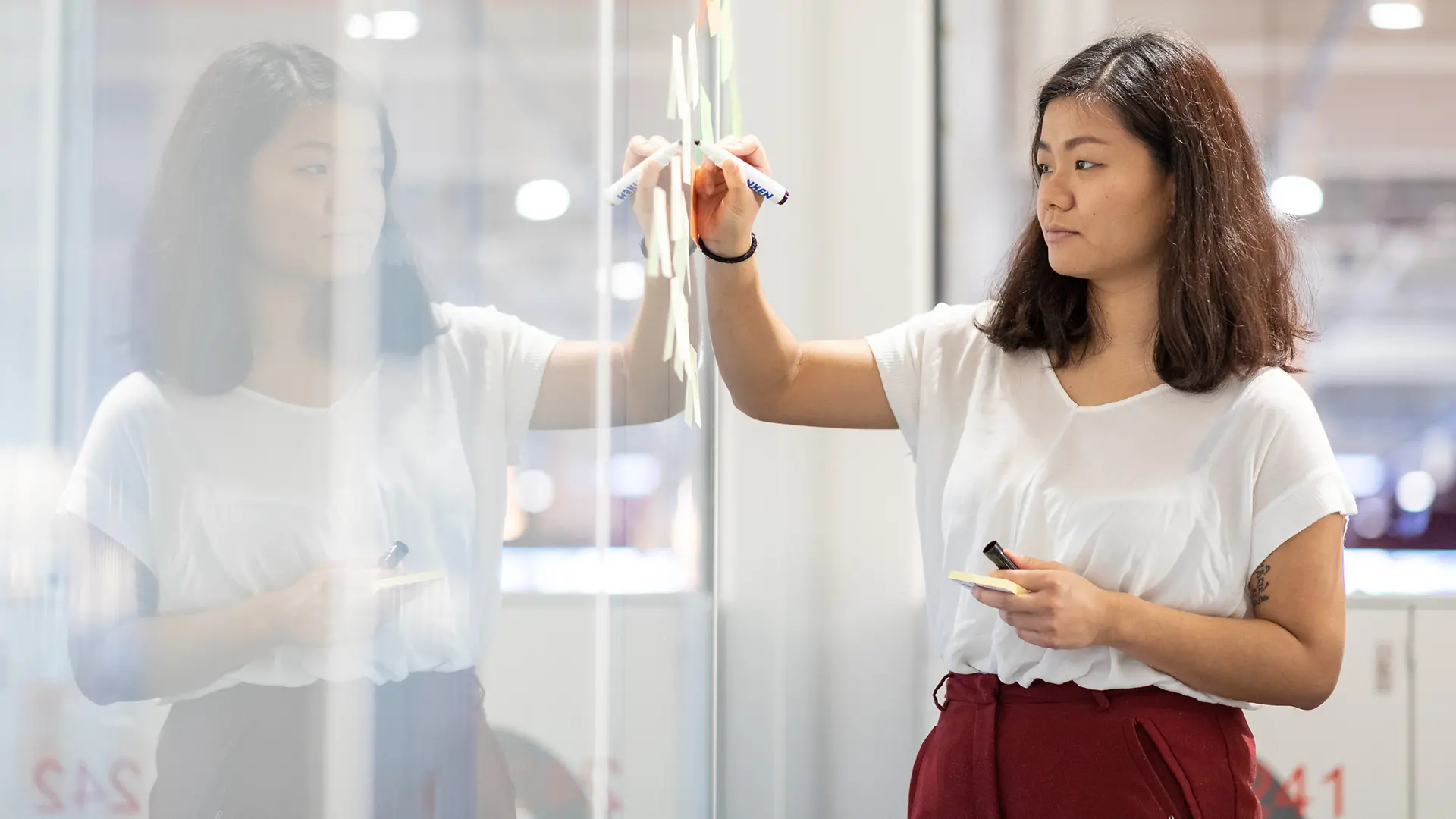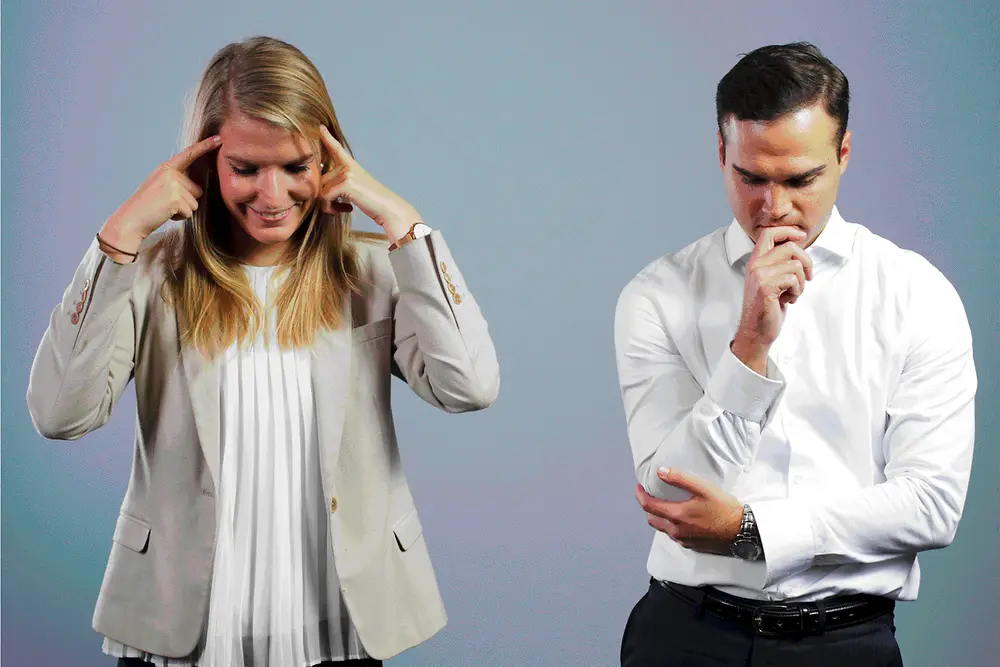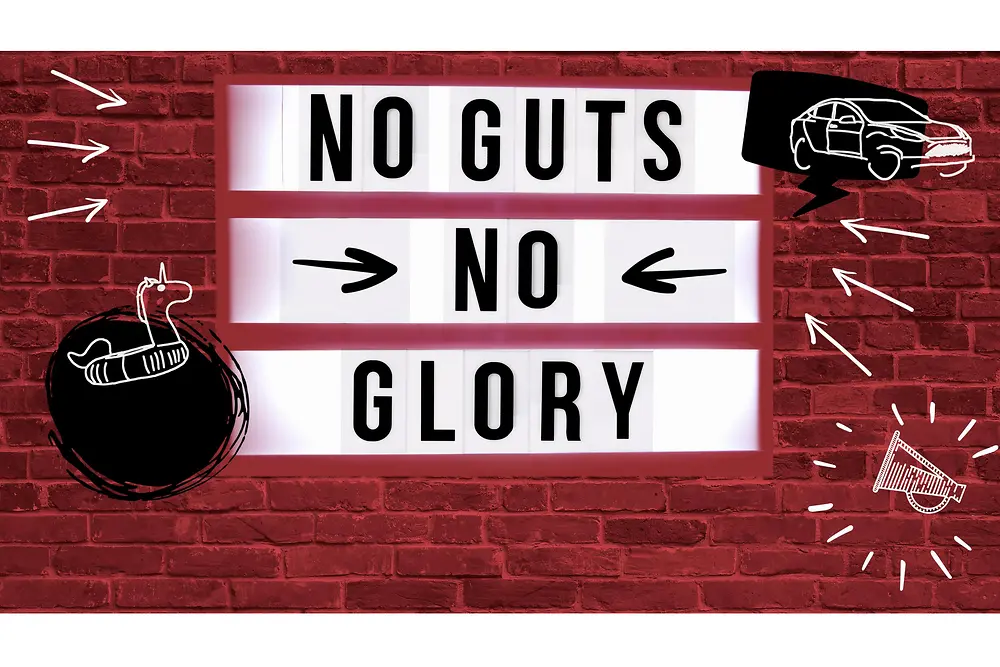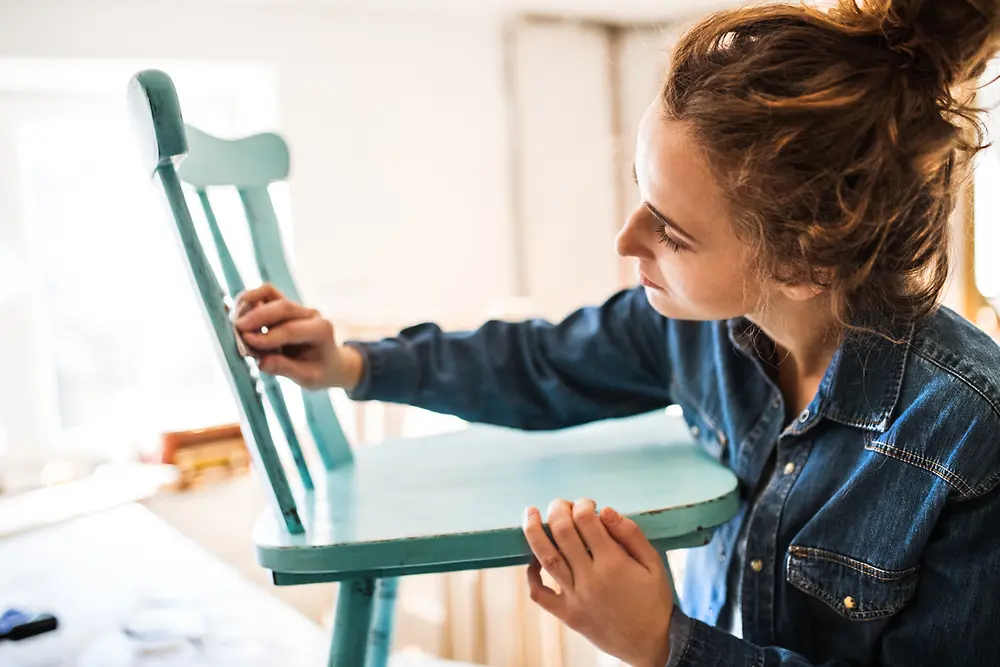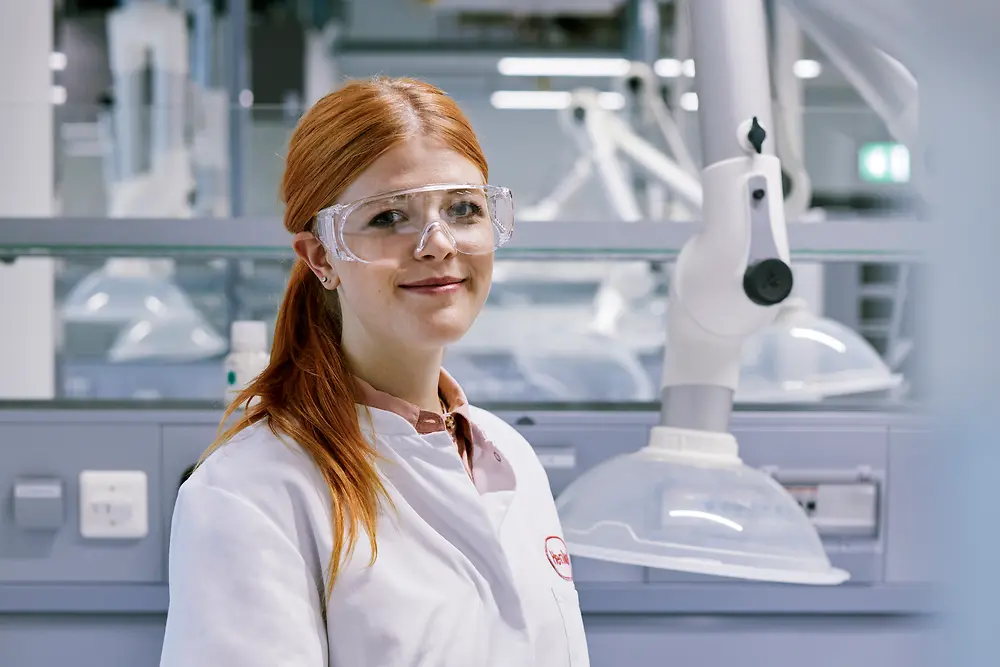Discover the brands and technologies from our business units Henkel Adhesive Technologies and Henkel Consumer Brands.
How to stay creative in the corporate environment

When we think about creativity, we think of artists, musicians, inventors. We think of people who created beautiful and aesthetic or inventive things that disrupted the world and changed industries. In fact, creativity is not a gift limited to certain groups of people or certain professions. Everybody can be creative, in every aspect of life.
Even in the corporate environment, with specific job descriptions and given tasks, there is room for creativity. At work, we tend to tick off one to-do after the other, replying to emails, answering phone calls and running from meeting to meeting. And in between all these activities, we need to squeeze in our actual work. These are the scenarios I was afraid of before entering the corporate world. Being a creative person by nature, my biggest fear was to be restricted in my creativity and, eventually, to lose it completely.
Soon enough, I realized that the environment is not the limit, only the attitude. We need to break out of our typical routine. It doesn’t mean that we have to change our ways of working – there are little things all of us can do throughout the day to get our creative juices flowing.
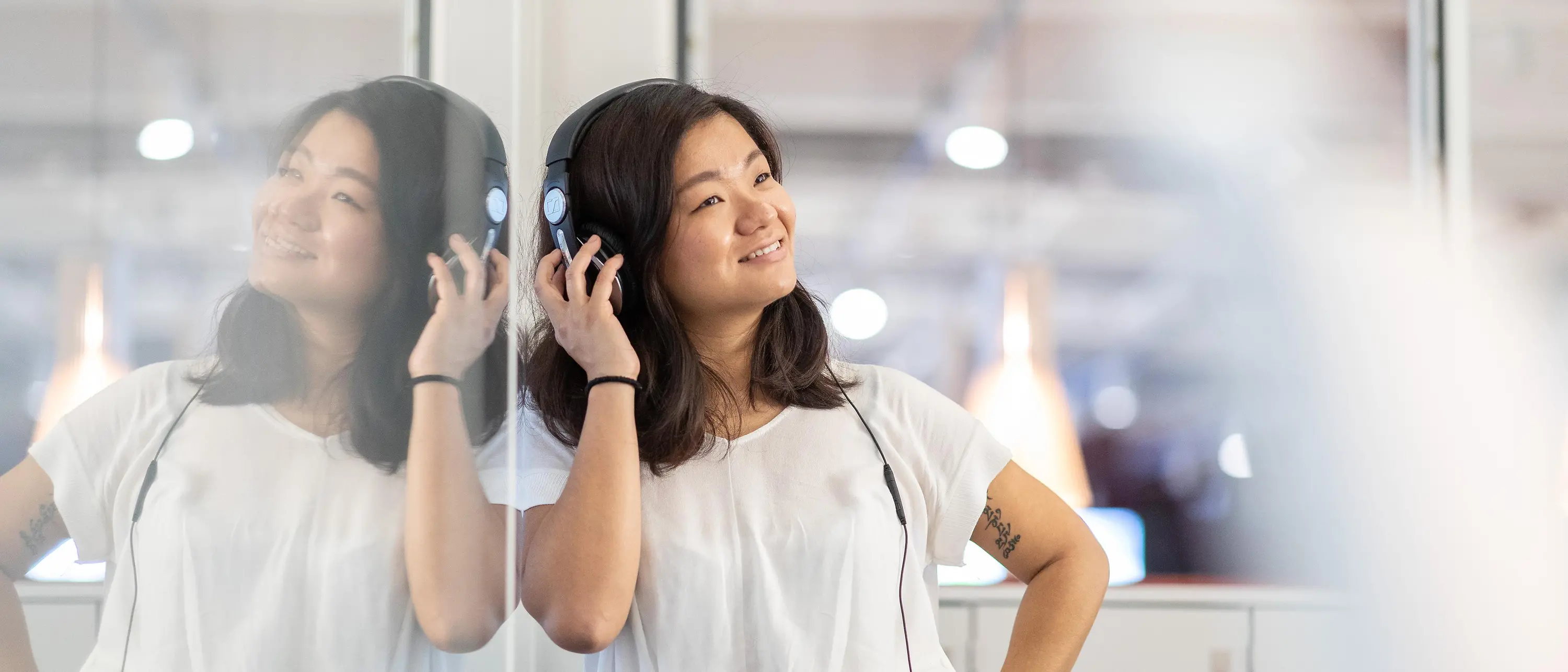
Get daily inspirational bytes
TED talks, podcasts, newsfeed… These are the things that keep me busy on my morning commutes. While reading the news fuels my curiosity and helps me understand the “bigger picture”, listening to podcasts and watching TED talks with insights and opinions from experts in different fields broadens my horizon and opens up my mind in a fun, spontaneous way.
Stay curious and ask questions
Having little to no prejudice helps me keep an open and curious mindset. Problems aren’t obstacles to overcome, but rather opportunities to explore. When I’m having trouble understanding something, I take a step back and observe the situation and its context, or I simply ask the why and how questions. Asking questions is not a sign of stupidity or weakness, but rather an expression of curiosity and interest.
Go for a walk
Movement activates our brain cells and makes it easier for us to come up with new ideas. If I am stuck on something, I sometimes go for a little “inspiration walk”. Be it a quick excursion to the coffee kitchen or a stroll in the fresh air, having a short solo brainstorming session can give me fresh perspectives and help me solve my problem.
Record your ideas
Ideas often pop up spontaneously, sometimes within split seconds and in unexpected moments. If we don’t record them, we might lose them. There are many ways to record your ideas: writing them down in a notebook, typing them into your phone or laptop, audio recording them, videotaping them. My go-to solution is still the analog way, a notebook. Whenever thoughts and impulses pop up, I simply write or sketch them down.
Be collaborative
Ideas sprout when we are alone, but they really thrive in a group setting. When we talk about them with others, they tend to grow and develop into something bigger. When I have an idea, I usually discuss it with my colleagues, not for their approval, but to hear their different perspectives and viewpoints.
Learn from failures
This is a tricky one and it requires the effort of more than just one person. Failure isn’t a reputable sight in corporate environments. But as risky as it sounds, embracing a failure-positive culture motivates employees to be proactive about using their creative ideas to drive innovation. Learning as you go while continually improving is the best way to unfold creativity. I always try to reflect on my mistakes: What did I do wrong? What should I do differently next time? How can I improve?
Just do it
As trivial as this sounds: Sometimes we just need to take action and get the ball rolling. We often think too much before we act and try to overanalyze every situation, just to play it safe. But if we have a great idea that feels right, why not go for it and just make the proposal or create a quick prototype? Showing the idea to others can simplify and speed up the decision-making process.
We should look at our problems and challenges with an open mind and always question the purpose. We should think from different perspectives, so we can connect the dots in an ocean of information. We should take action and embrace change. Creativity is not just the outcome of our work, it is first and foremost the process of how we get there.


